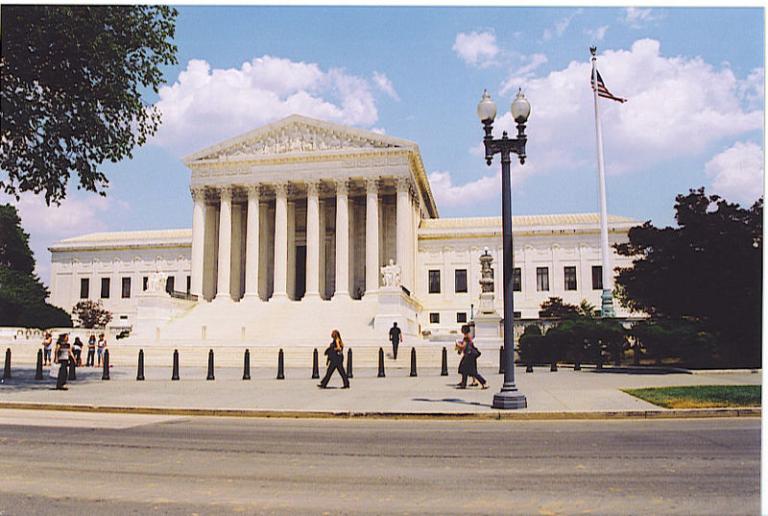
Just before my wife and I drove off to watch the movie Arrival (which we enjoyed), I was delighted to hear of the nomination of Judge Neil Gorsuch to the Supreme Court of the United States.
Many people overcame their reservations about Donald Trump and voted for him because they were concerned about the future of the Court, and I confess that the hope of a constitutionalist nominee was the argument for Mr. Trump that came closest to bringing me over to his side — although it ultimately failed to do so.
I became confident, after the election, that Mr. Trump would fulfill his pledge to nominate someone like Judge Gorsuch, because a betrayal on that score would have instantly turned his base against him. And now he’s come through.
Judge Gorsuch seems to be a worthy successor to the late and great Antonin Scalia. I’m very pleased.
Not too long after Justice Scalia’s passing, Dr. Gorsuch — he holds an Oxford D.Phil. as well as a Harvard law degree — delivered a speech at the law school of Case Western Reserve University. In it, he observed that the “great project of Justice Scalia’s career was to remind us of the differences between judges and legislators. . . . To remind us that legislators may appeal to their own moral convictions and to claims about social utility to reshape the law as they think it should be in the future. But that judges should do none of these things in a democratic society. That judges should instead strive (if humanly and so imperfectly) to apply the law as it is, focusing backward, not forward, and looking to text, structure, and history to decide what a reasonable reader at the time of the events in question would have understood the law to be – not to decide cases based on their own moral convictions or the policy consequences they believe might service society best.”
He then quoted Justice Scalia as saying, “If you’re going to be a good and faithful judge, you have to resign yourself to the fact that you’re not always going to like the conclusions you reach.”
That’s the kind of Supreme Court justice I wanted. And it’s the kind of Supreme Court justice that we’re going to get.
Great news!










